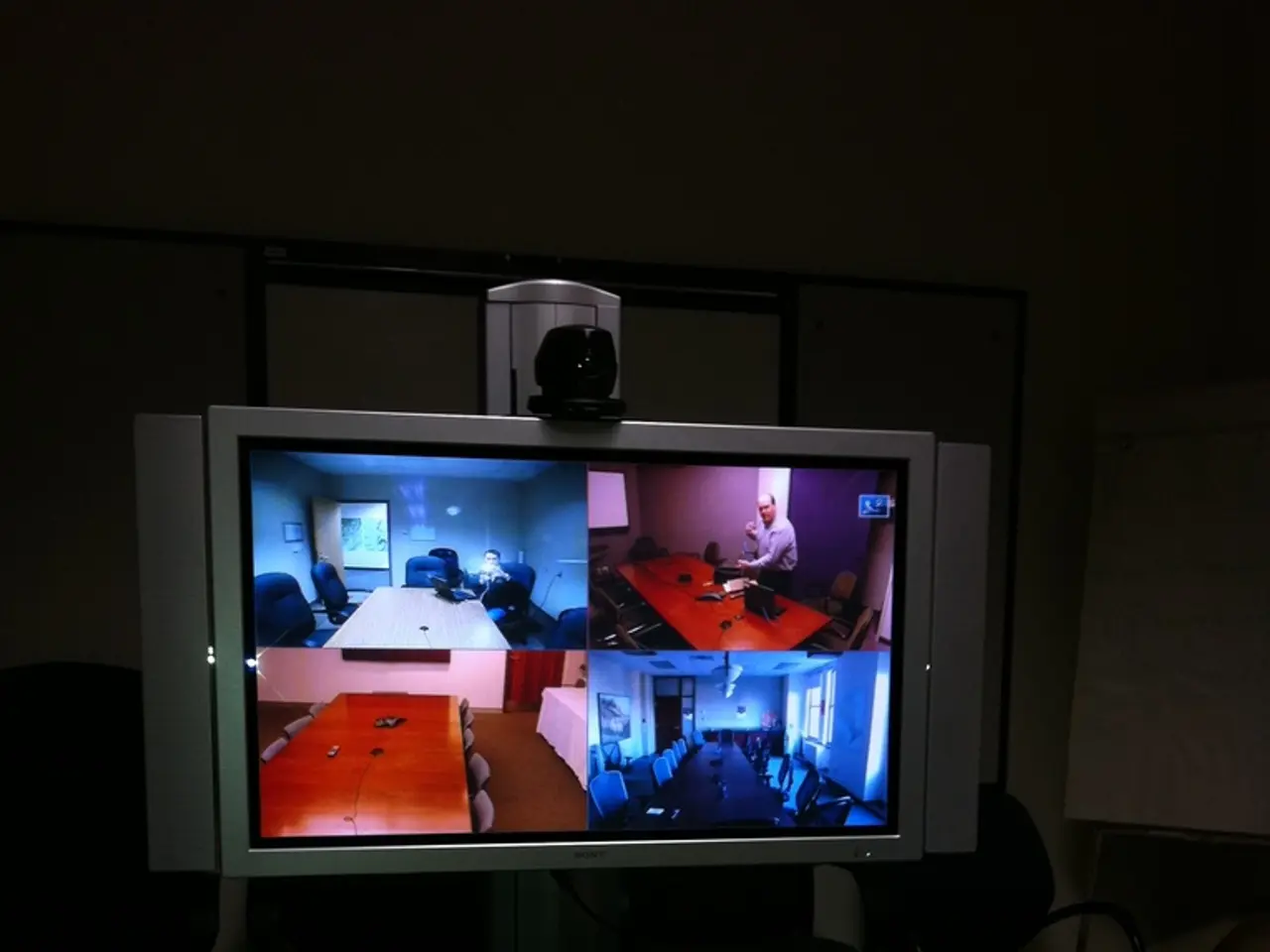Journeying through the two centuries of Gothic history
Gothaer Future Day Explores Quantum Computing Advancements by 2220
The Gothaer Future Day, a digital event hosted by the 200-year-old insurer based in Cologne, recently brought together experts to discuss innovative technologies, societal change, resource-efficient business, travel to Mars, and one of the most promising future technologies – quantum computers.
During the discussions, the focus was on the significant advancements quantum computers are expected to make by the year 2220. By this time, quantum computers are anticipated to be a mature, scalable technology with billions or trillions of qubits, revolutionizing various transformative domains.
One of the key areas where quantum computing will make a significant impact is in quantum-enhanced cryptography and privacy. By enabling quantum key-based privacy-preserving data sharing schemes, quantum computing will revolutionize data privacy, particularly in sensitive areas like healthcare. This will enable secure, decentralized information exchange with near-perfect privacy.
Another area where quantum computers will shine is in the simulation of complex quantum systems and materials. By 2220, quantum computers are likely to handle highly accurate simulations of quantum phenomena at scales and speeds unattainable by classical computers. This will vastly enhance material science, chemistry, and physics research, enabling the design of new materials and drugs from first principles.
Quantum computing might also assist in exploring extremely complex models in physics, like those beyond Einstein’s gravity or involving relativistic binaries, through computationally intensive waveform analysis or other high-precision simulations.
In terms of artificial intelligence and automation augmentation, quantum computing could dramatically accelerate machine learning models and AI algorithms, enabling more sophisticated automation and augmentation of human work, potentially redefining industries, organizational structures, and decision-making processes.
Other envisioned advancements could include breaking current cryptographic systems and motivating the creation of quantum-resistant cryptography. Quantum computing could also enable solutions to optimization problems, drug discovery, climate modeling, and logistics management at unprecedented efficiency. Finally, quantum technologies could be fully integrated with blockchain and distributed ledger systems to enforce security protocols that are quantum-safe.
It is important to note that predictions so far focus mostly on the next few decades; the actual landscape by 2220 is difficult to define precisely. However, it is expected that quantum technologies will be seamlessly integrated with classical computing infrastructures and AI systems, with widespread impact across all scientific, industrial, and security domains.
Currently available research highlights foundational steps towards these goals rather than specifics for 2220 – frameworks for privacy protection, improved simulation algorithms, and initial AI integration mark early phases of progress. As such, technologies by 2220 will be shaped by ongoing breakthroughs in quantum hardware, error correction, and algorithmic innovation well beyond the state of research today.
The Gothaer Future Day was an insightful event that offered a glimpse into the exciting possibilities that quantum computing may bring in the coming decades. As quantum technology continues to evolve, it is clear that its potential applications will significantly reshape various industries and society as a whole.
[1] https://arxiv.org/abs/2001.06373 [2] https://arxiv.org/abs/2001.06374 [3] https://arxiv.org/abs/2001.06375 [4] https://arxiv.org/abs/2001.06376
Economic and social policy will have to adapt to the rapid advancements of quantum computing by 2220, as this technology could revolutionize various sectors such as data privacy, artificial intelligence, material science, and even logistics management.
Incorporation of quantum computing in areas like encryption and privacy-preserving data sharing schemes, simulation of complex quantum systems, and artificially intelligent systems could potentially reform the economic landscape and necessitate updates in social policies.




